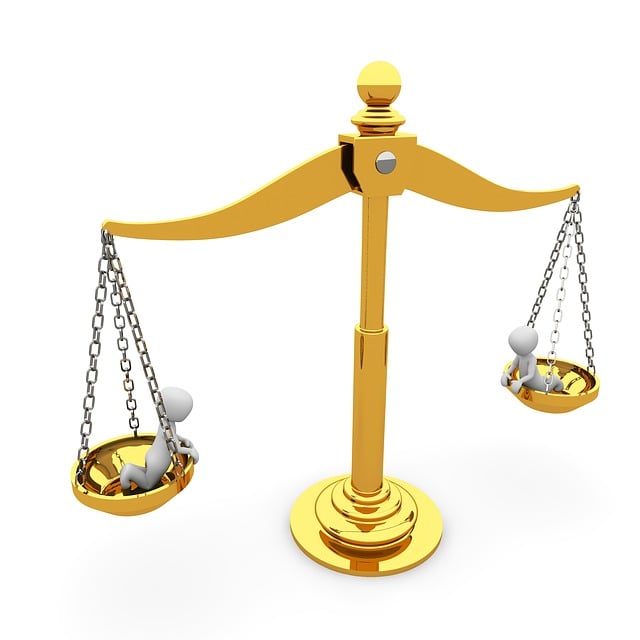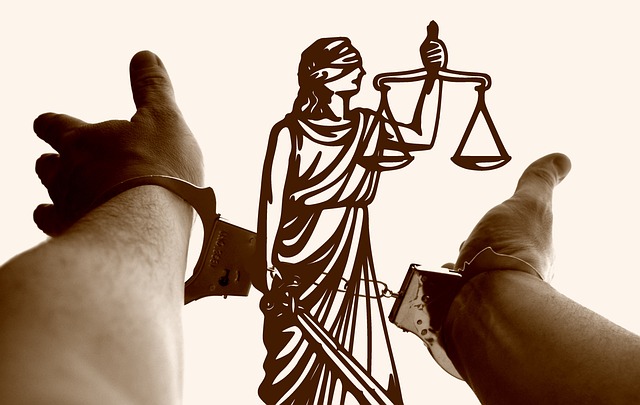Defending Against Assault Charges in Criminal Court requires attorneys to master regional assault laws, stay updated on legal developments, and employ strategic tactics. This includes meticulously examining evidence, crafting compelling narratives, highlighting extenuating factors, and navigating complex legal landscapes. A robust defense strategy, backed by a deep understanding of precedents, can lead to favorable outcomes, especially in emotionally charged cases and white-collar crimes. Qualified attorneys guide defendants through pretrial hearings, cross-examine witnesses, present alternative scenarios, and aim for either settlements or jury verdicts in their favor.
In the complex landscape of criminal law, understanding your rights and crafting a robust defense are paramount, especially when facing charges like assault. This article guides you through the critical aspects of defending against assault allegations in criminal court. From deciphering assault laws to leveraging evidence and navigating courtroom procedures, we provide essential insights for those seeking to protect their freedom. Uncover strategic approaches that can shape the outcome of your case.
- Understanding Assault Laws and Their Impact
- Strategies for Building a Solid Defense
- The Role of Evidence in Criminal Defense
- Navigating the Courtroom: Rights and Procedures
Understanding Assault Laws and Their Impact

Understanding Assault Laws is a cornerstone for Criminal Defense Attorneys aiming to Defend Against Assault Charges in Criminal Court. These laws vary by jurisdiction but generally encompass a wide range of actions, from simple contact to threats and intentional infliction of fear. Navigating these complexities requires attorneys to stay abreast of legislative changes and judicial interpretations, ensuring they can mount a robust defense for their clients at every stage of the investigative and enforcement process.
Attorneys specializing in criminal defense must be adept at dissecting evidence, challenging witness testimonies, and leveraging legal loopholes to achieve extraordinary results. This is particularly crucial when dealing with cases involving white collar and economic crimes, where assault charges might serve as a secondary or indirect accusation. A thorough understanding of assault laws empowers attorneys to protect their clients’ rights and secure favorable outcomes in what can be emotionally charged and highly stressful situations.
Strategies for Building a Solid Defense

Building a solid defense is paramount for criminal defense attorneys when facing defending against assault charges in criminal court. A strategic approach can significantly sway the outcome, especially in high-stakes cases that often attract public scrutiny. One effective strategy involves meticulously examining the facts and circumstances surrounding the incident. This includes gathering evidence to challenge the prosecution’s narrative, such as alibi witnesses or surveillance footage that contradicts the alleged assault.
Additionally, crafting a compelling narrative that resonates with both the jury trials and the broader philanthropic and political communities can be powerful. An attorney might argue for self-defense or mitigate the offense by highlighting extenuating factors, character references, or any relevant mental health considerations. Presenting a well-researched and logically constructed defense strategy, backed by an unprecedented track record of successful cases, can instill confidence in the jury and potentially lead to favorable verdicts.
The Role of Evidence in Criminal Defense

In criminal defense, evidence is the cornerstone upon which a case is built or dismantled. The role of an attorney in this process is multifaceted; they must navigate a complex web of legal principles and procedural rules to ensure their client’s rights are protected. When defending against assault charges in criminal court, for instance, the attorney’s task is not merely to counter the prosecution’s case but to build a compelling defense that achieves extraordinary results. This involves meticulous examination and interpretation of evidence, from physical clues to witness testimonies, to uncover inconsistencies or weaknesses in the prosecution’s narrative.
Understanding how to effectively use and challenge evidence is crucial in high-stakes cases across the country. Criminal Defense Attorneys must be adept at presenting alternative theories and interpreting laws to protect their clients’ interests. By doing so, they not only defend against charges but also strive for a just outcome, ensuring that justice is served while protecting the rights of the accused. This strategic approach, combined with extensive knowledge of legal precedents, can significantly impact the trajectory of a case, even in the face of seemingly overwhelming evidence against the defendant.
Navigating the Courtroom: Rights and Procedures

Navigating the courtroom as a defendant facing assault charges requires a thorough understanding of your rights and legal procedures. Criminal defense attorneys are crucial navigators in this complex landscape, ensuring their clients’ rights are protected throughout the process. They guide their clients through pretrial hearings, where they can challenge evidence, question witnesses, and present arguments to bolster their case. This strategic planning is essential for achieving a favorable outcome, whether through settlement or jury trials.
During trial, defense attorneys expertly cross-examine prosecution witnesses, exposing inconsistencies in testimonies and presenting alternative explanations for the events leading to the alleged assault. They also introduce evidence that could lead to the complete dismissal of all charges, especially if it casts doubt on the victim’s account or reveals self-defense or mitigating circumstances. This meticulous approach is particularly vital in white collar defense cases, where complex financial and legal issues are at play.
Defending against assault charges in criminal court requires a deep understanding of legal strategies, evidence handling, and courtroom procedures. By navigating these aspects effectively, criminal defense attorneys can build robust defenses that protect their clients’ rights and outcomes. Armed with knowledge of assault laws and their impact, along with the ability to navigate complex systems, these professionals play a crucial role in ensuring fairness and justice for all.






